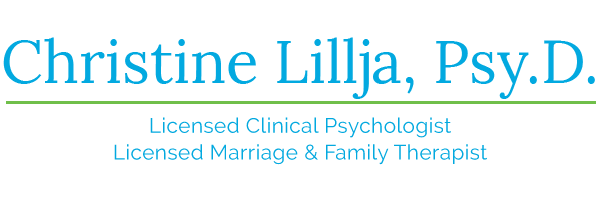Benefits of a Mental Health Day from Work or School
We’ve all had those days when the alarm goes off and we lie in bed, feeling depleted of our energy, and maybe even our good mood. We think to ourselves, “I’m not really sick, but I just need a break from real life today.” While taking a sick day is common when you are feeling […]








